Navigating the World of Retinol Creams
Navigating the World of Retinol Creams: Your Comprehensive Guide
In the quest for youthful and radiant skin, many people turn to retinol creams. Retinol, a derivative of vitamin A, has gained immense popularity in the skincare world for its ability to tackle various skin concerns, from fine lines and wrinkles to acne and uneven skin tone. However, navigating the world of retinol creams can be overwhelming, with numerous products claiming to offer the best results. In this comprehensive guide, we will walk you through everything you need to know about retinol creams, from what they are and how they work to selecting the right one for your skin type and addressing common concerns.
What is Retinol?

Retinol, also known as vitamin A1, is a fat-soluble vitamin found in various food sources like fish, eggs, and dairy products. In skincare, retinol is used in the form of retinoid compounds to address various skin concerns. Retinol is a powerhouse ingredient known for its ability to:
-
Stimulate Collagen Production: Retinol boosts collagen production, a protein essential for maintaining skin's elasticity and firmness.
-
Increase Cell Turnover: It encourages skin cells to turnover, helping to shed dead skin cells and reveal fresh, youthful-looking skin.
-
Fade Hyperpigmentation: Retinol can help reduce the appearance of dark spots and uneven skin tone.
-
Minimize Wrinkles and Fine Lines: It effectively targets signs of aging, making skin smoother and more youthful.
How Do Retinol Creams Work?

Retinol creams work by binding to specific receptors in the skin and activating them. This activation prompts various cellular processes, including an increase in collagen production and cell turnover. As a result, your skin becomes smoother, firmer, and more even-toned.
Additionally, retinol has been shown to regulate sebum production, making it an effective treatment for acne-prone skin. Its exfoliating properties help prevent clogged pores, reducing the occurrence of acne breakouts.
Choosing the Right Retinol Cream

Selecting the right retinol cream is crucial to achieving the desired results while minimizing potential side effects. Here are some factors to consider:
1. Skin Type
Dry or Sensitive Skin: If you have dry or sensitive skin, opt for a milder retinol formulation with a lower concentration. Look for products labeled as "gentle" or "sensitive skin."
Oily or Acne-Prone Skin: Those with oily or acne-prone skin may benefit from stronger retinol concentrations. However, start with a lower strength product to avoid irritation and gradually increase the strength as your skin builds tolerance.
2. Concentration
Retinol creams come in various concentrations, typically ranging from 0.25% to 1% or higher. Beginners should start with a lower concentration and gradually increase it over time as their skin adjusts.
3. Formulation
Consider the formulation of the retinol cream. Some products combine retinol with other beneficial ingredients, such as hyaluronic acid for hydration or antioxidants for added protection. Assess your specific skincare needs and choose a product that addresses them.
4. Brand Reputation
Research the brand's reputation and read reviews from other users to ensure you're investing in a reputable product. Quality matters when it comes to skincare.
5. Packaging
Retinol is sensitive to light and air, which can degrade its effectiveness. Look for retinol creams that come in opaque, airtight packaging to preserve the product's potency.
Tips for Using Retinol Creams
To maximize the benefits of your retinol cream while minimizing potential side effects, follow these tips:
-
Start Slowly: Begin with a lower concentration and use it every other night to allow your skin to adjust.
-
Use Sunscreen: Retinol can make your skin more sensitive to the sun, so always apply sunscreen during the day to protect your skin from UV damage.
-
Moisturize: Retinol can be drying, so use a moisturizer to keep your skin hydrated.
-
Avoid Mixing with Harsh Ingredients: Avoid using retinol in combination with harsh ingredients like benzoyl peroxide or alpha hydroxy acids, as this can increase the risk of irritation.
-
Be Patient: It can take several weeks to months to see noticeable results with retinol. Consistency is key.
Wrapping It Up
Retinol creams can be a game-changer in your skincare routine, offering a wide range of benefits for various skin concerns. By choosing the right product, starting slowly, and being patient, you can harness the power of retinol to achieve smoother, more youthful-looking skin. Remember to consult with a dermatologist if you have specific concerns or are unsure about incorporating retinol into your skincare regimen. With the right approach, you can navigate the world of retinol creams and unlock the secret to beautiful, age-defying skin.


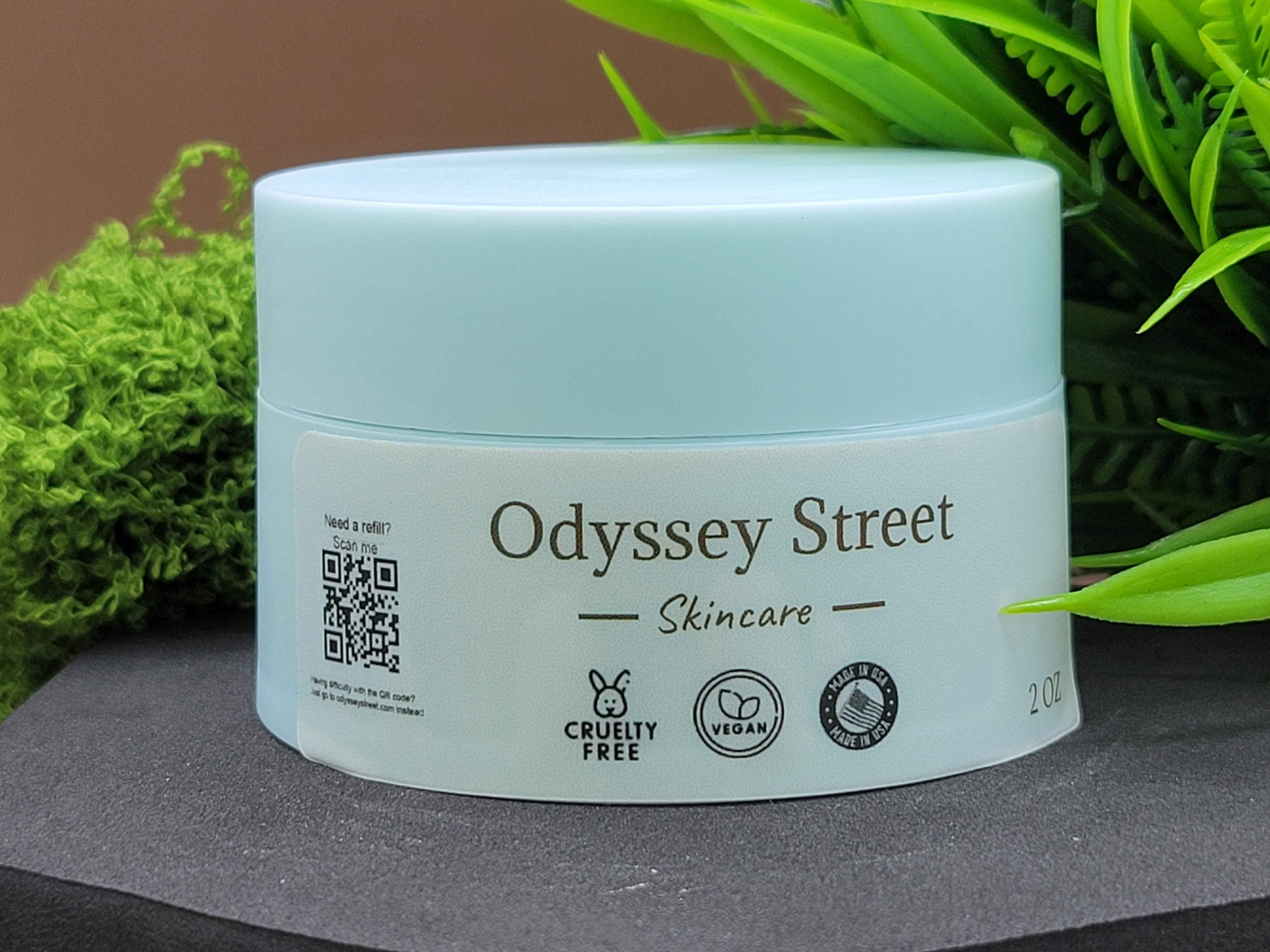
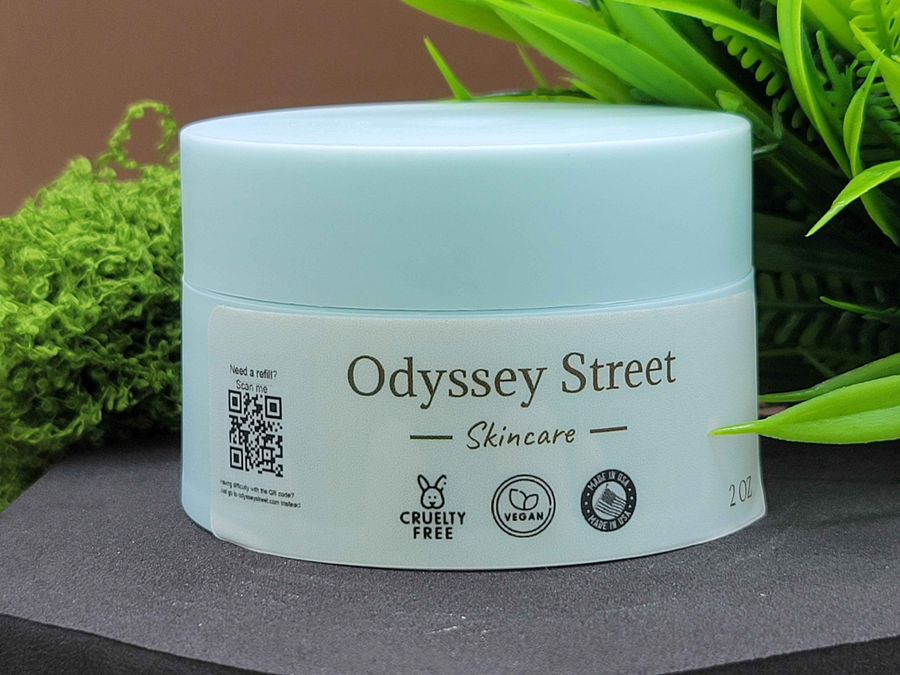
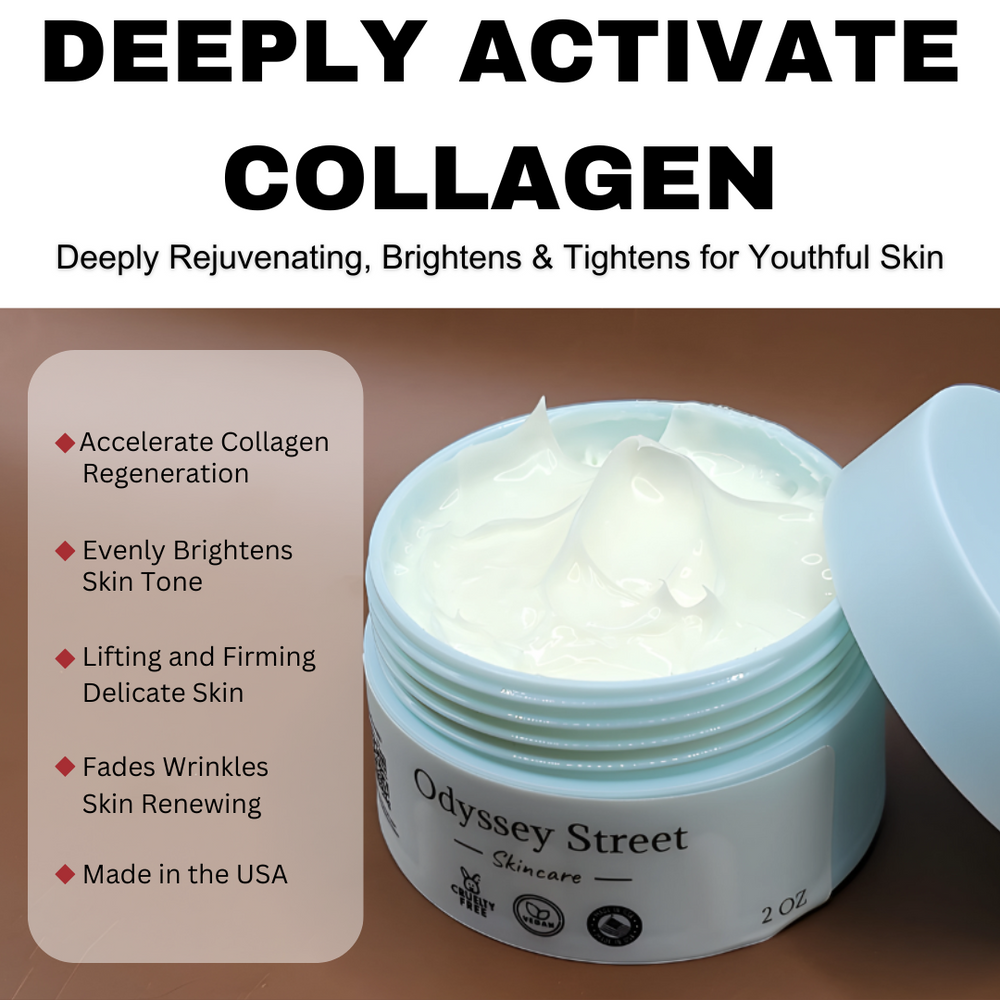


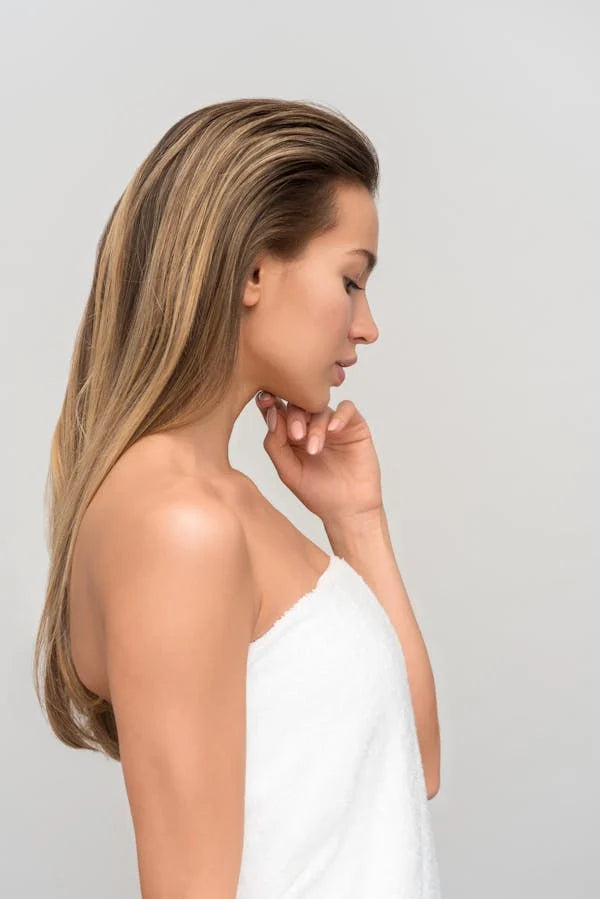

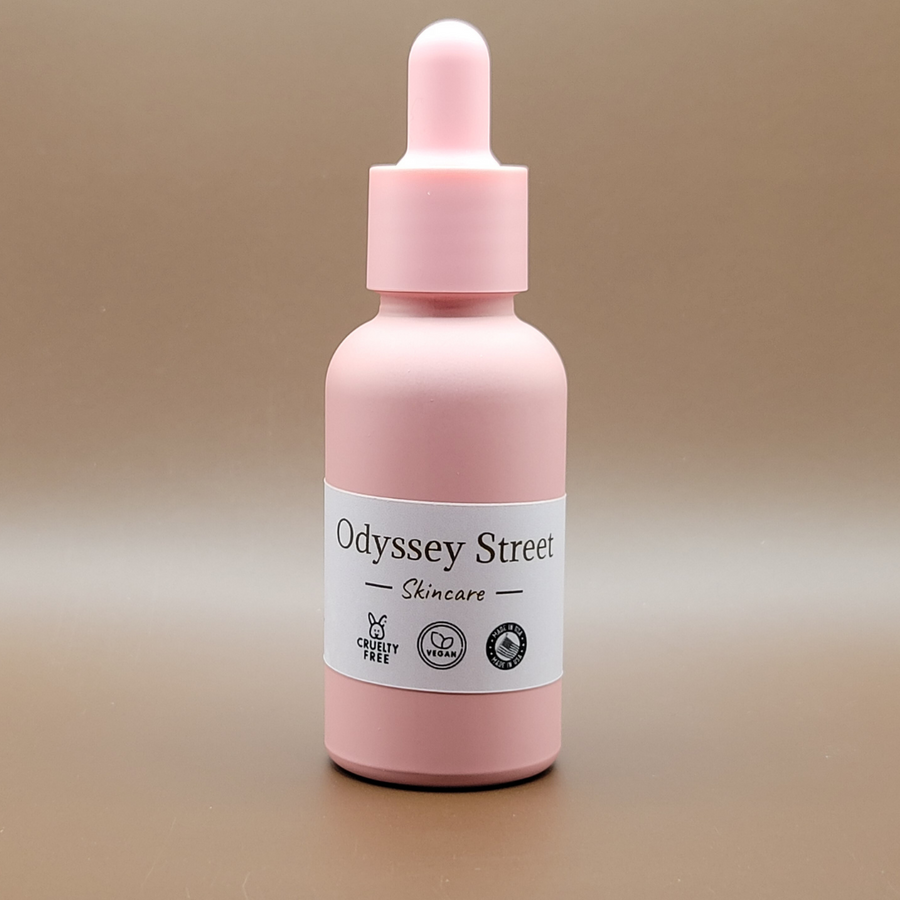
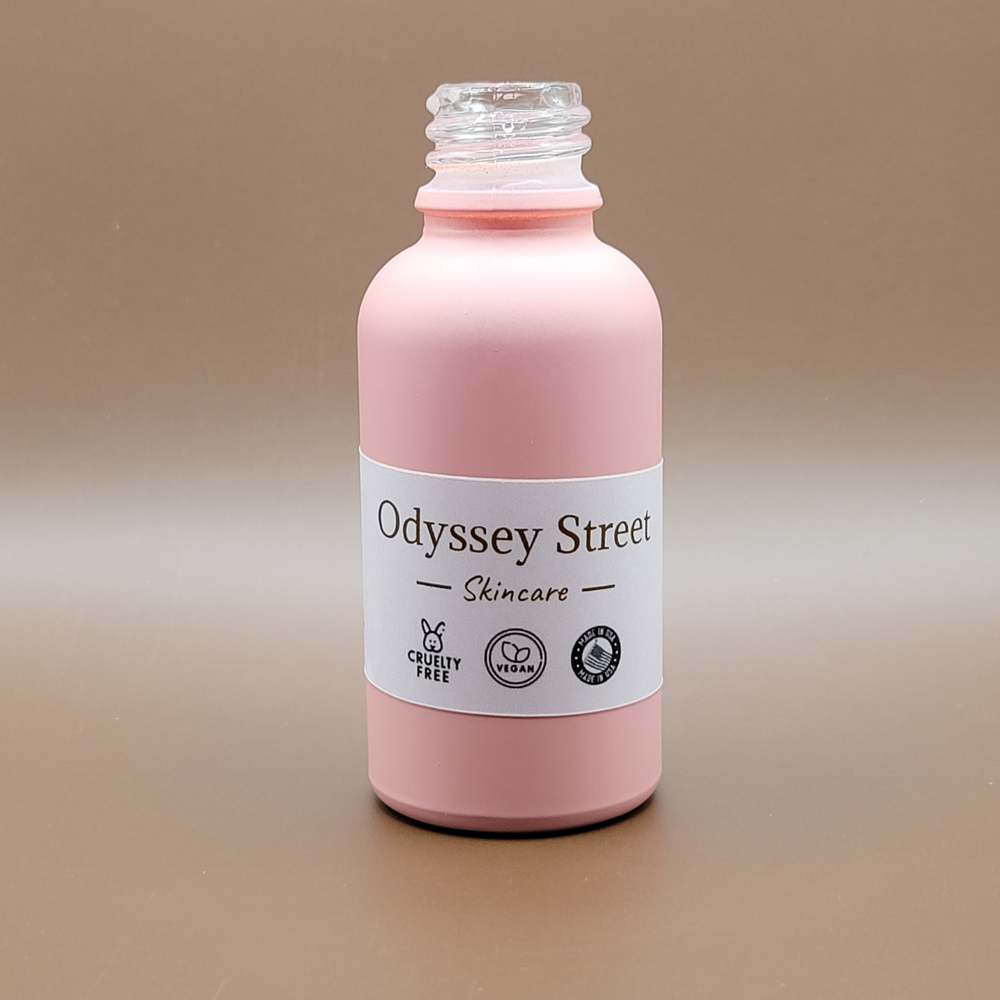
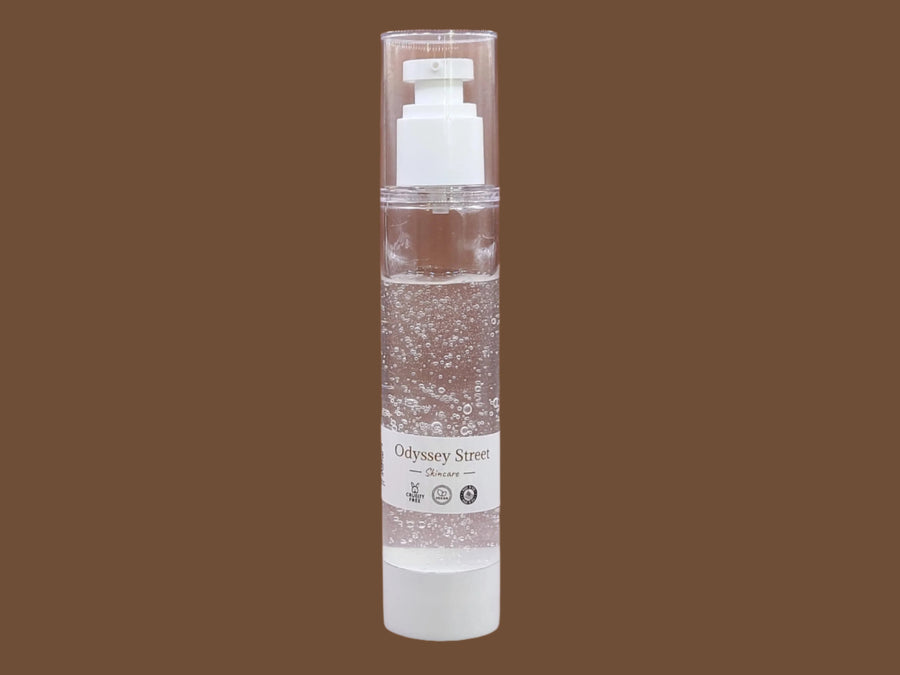
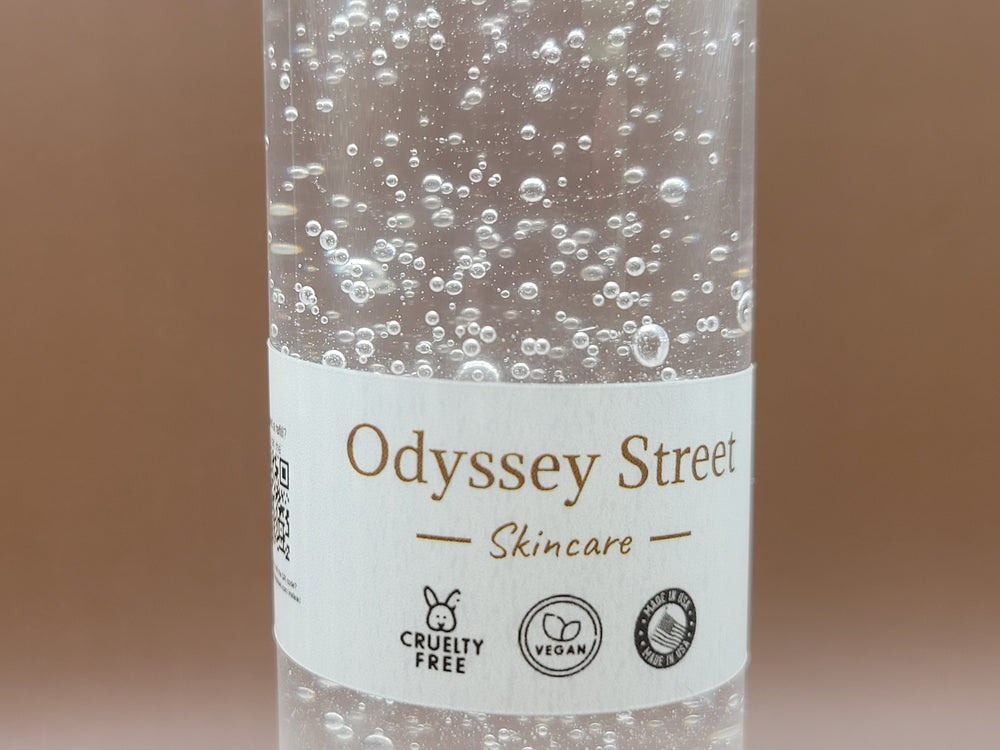
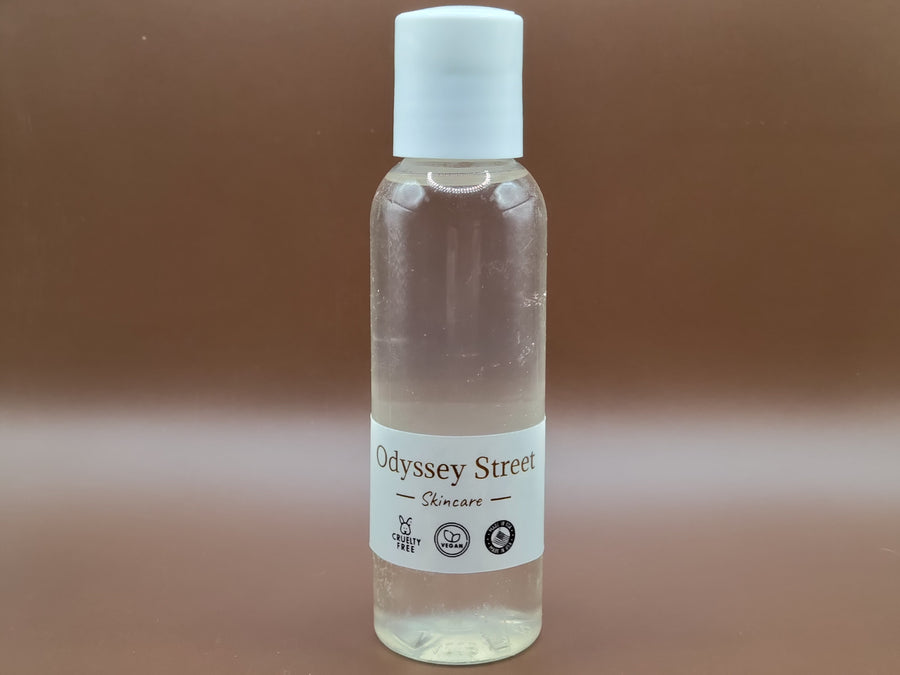
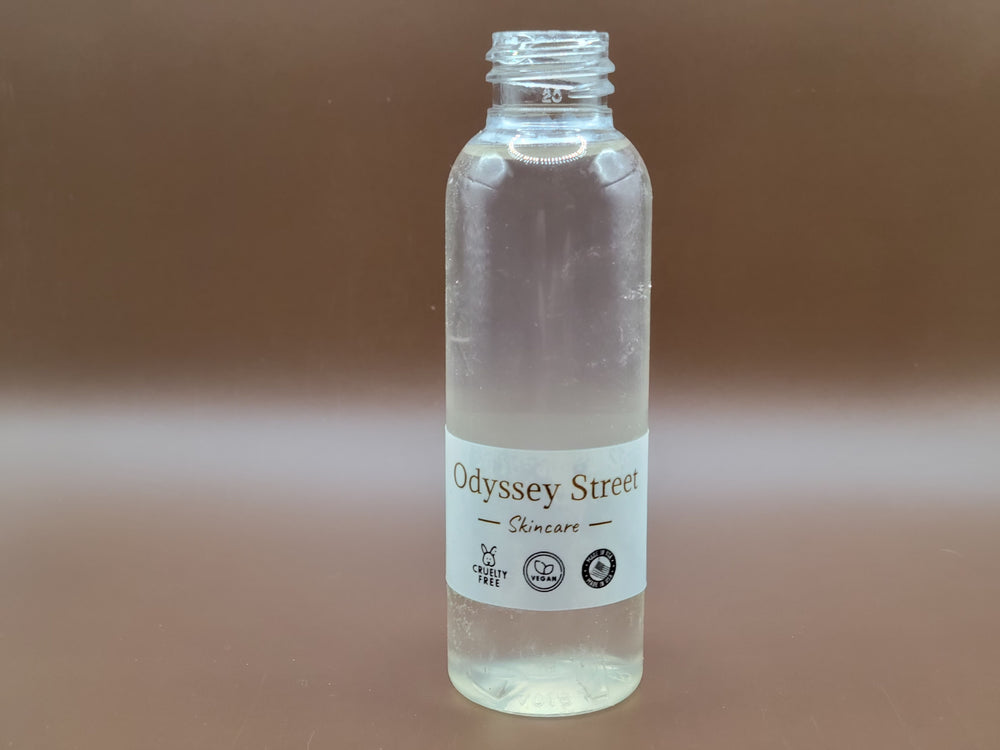
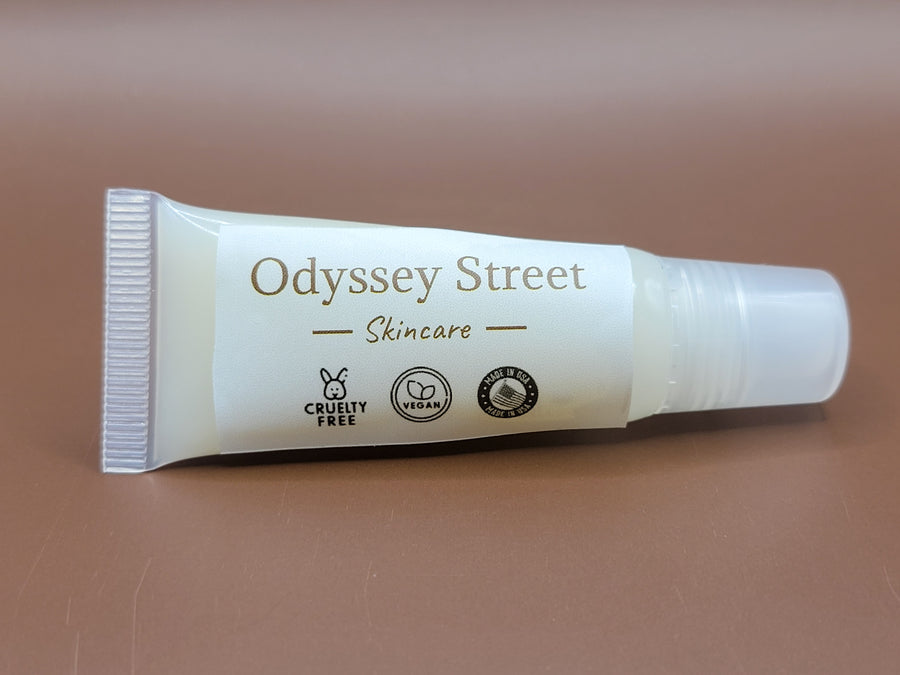
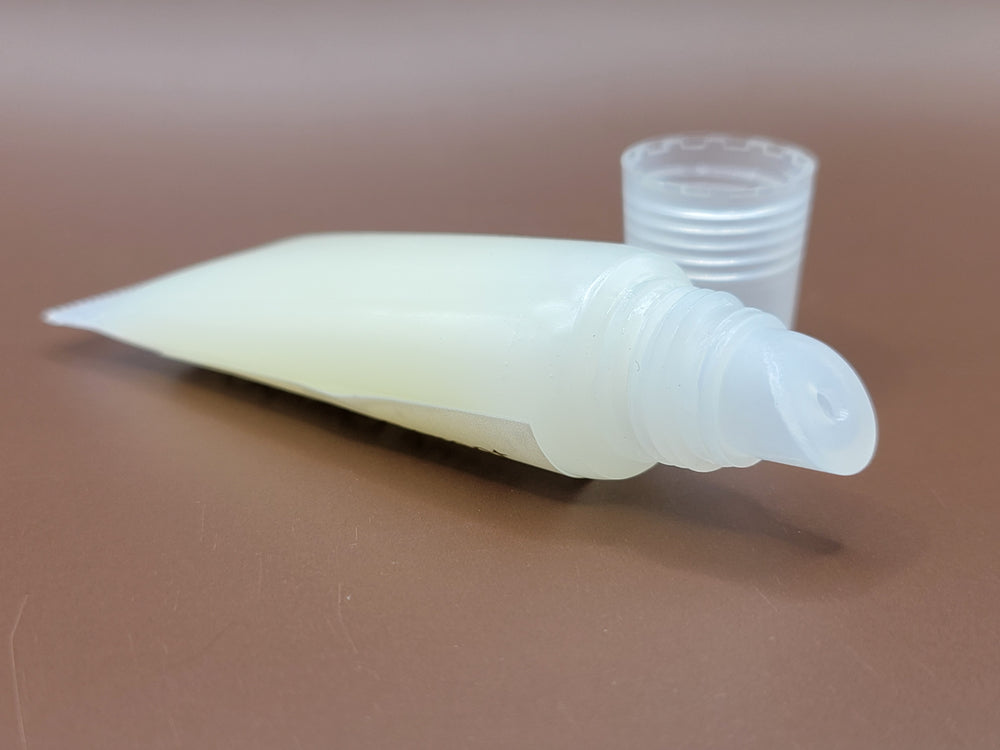
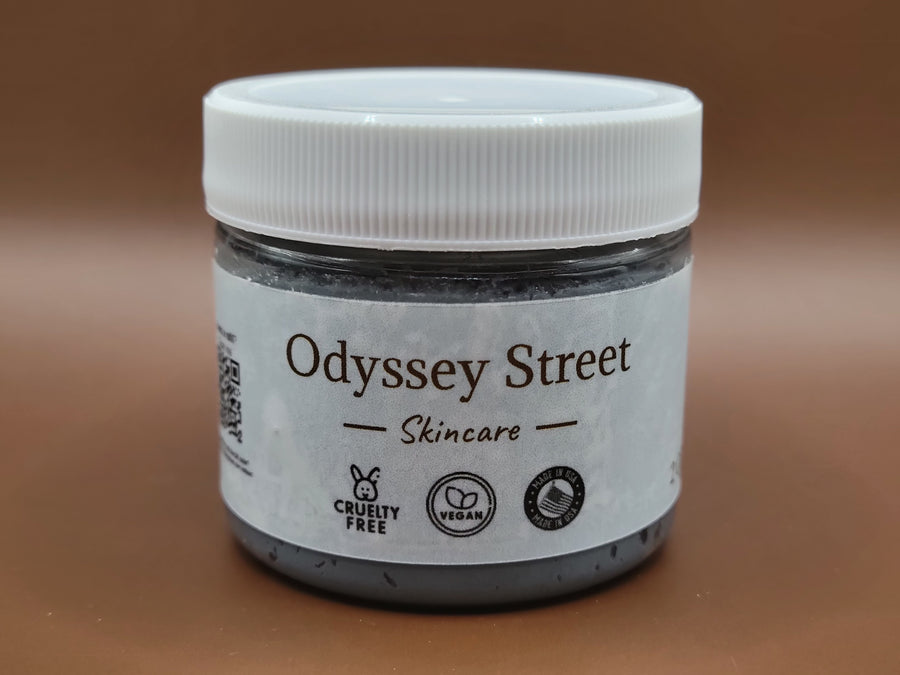
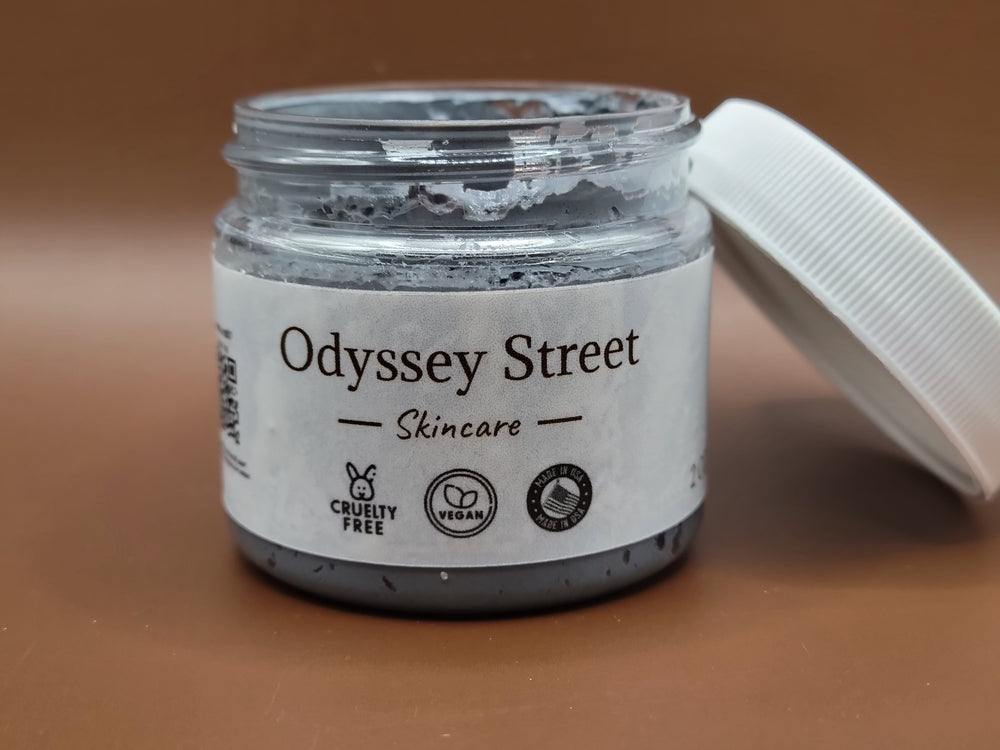
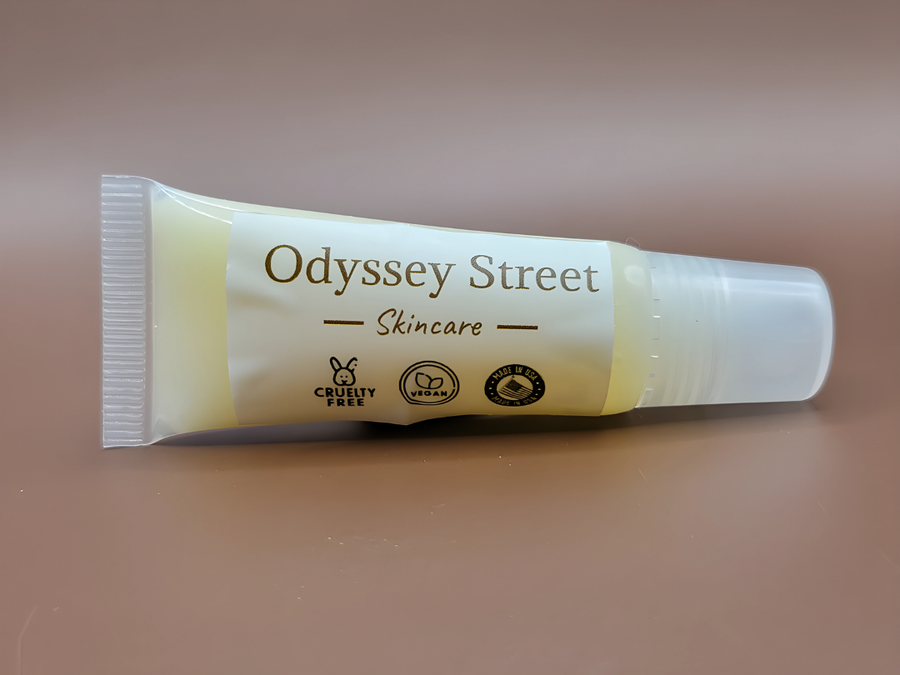
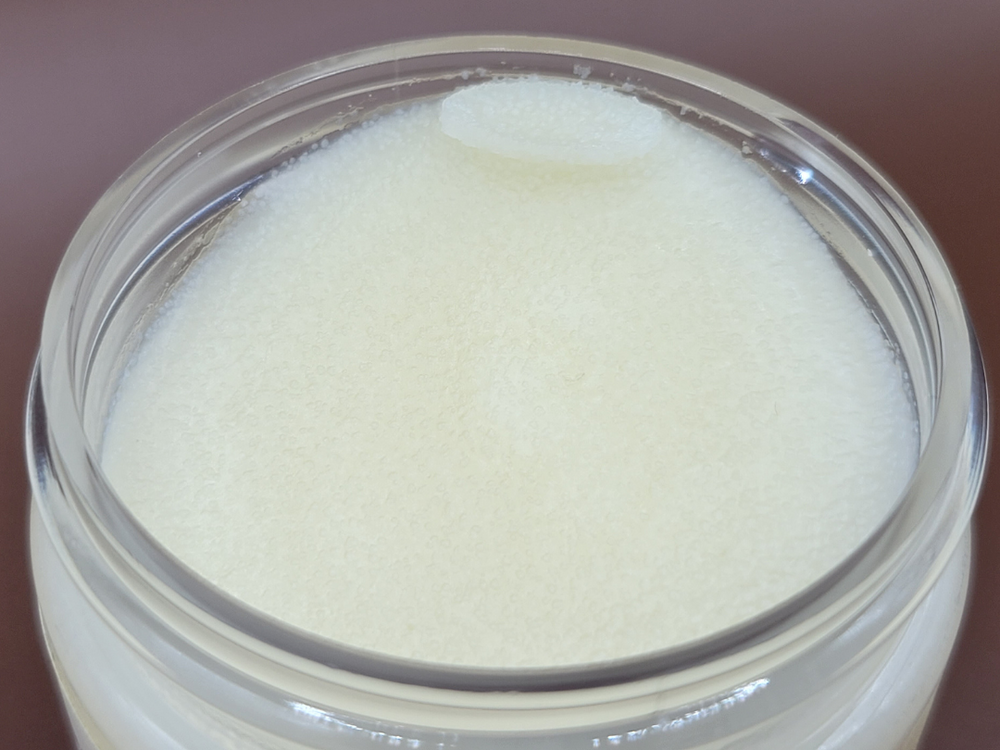
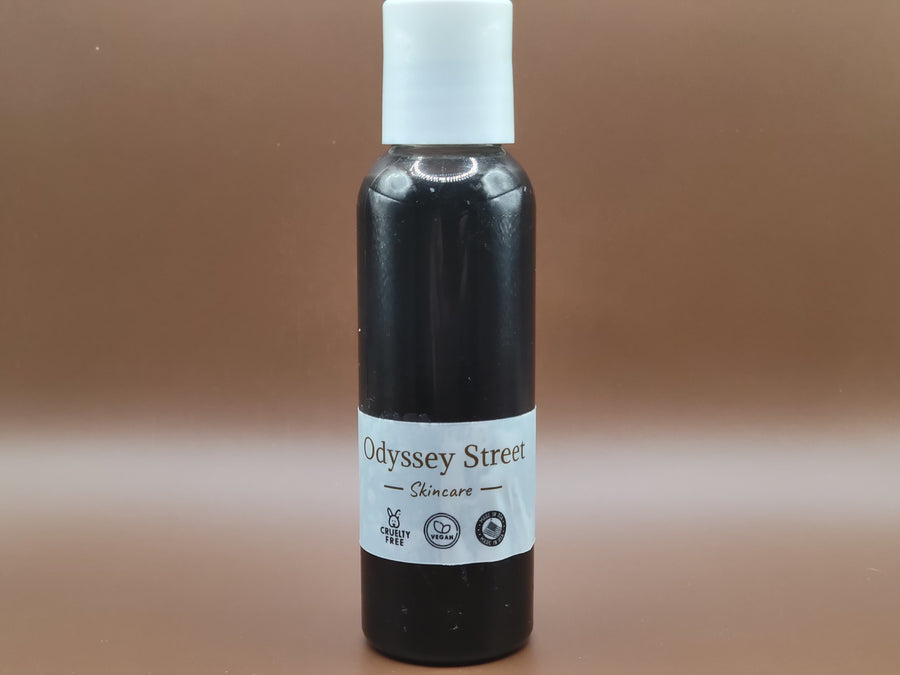
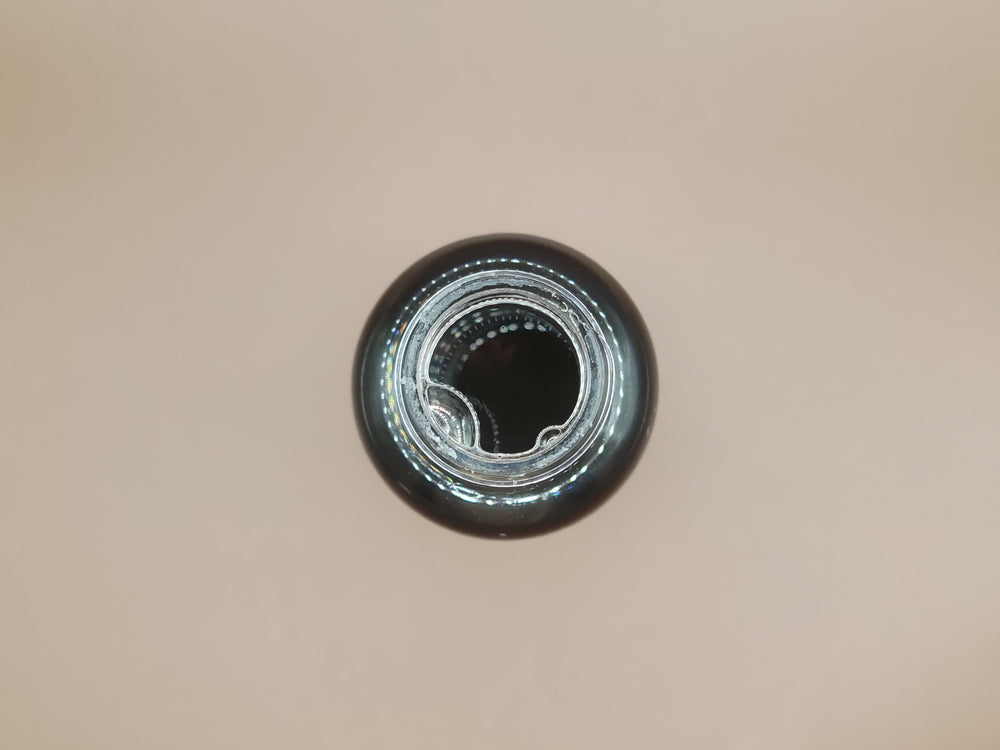
Leave a comment